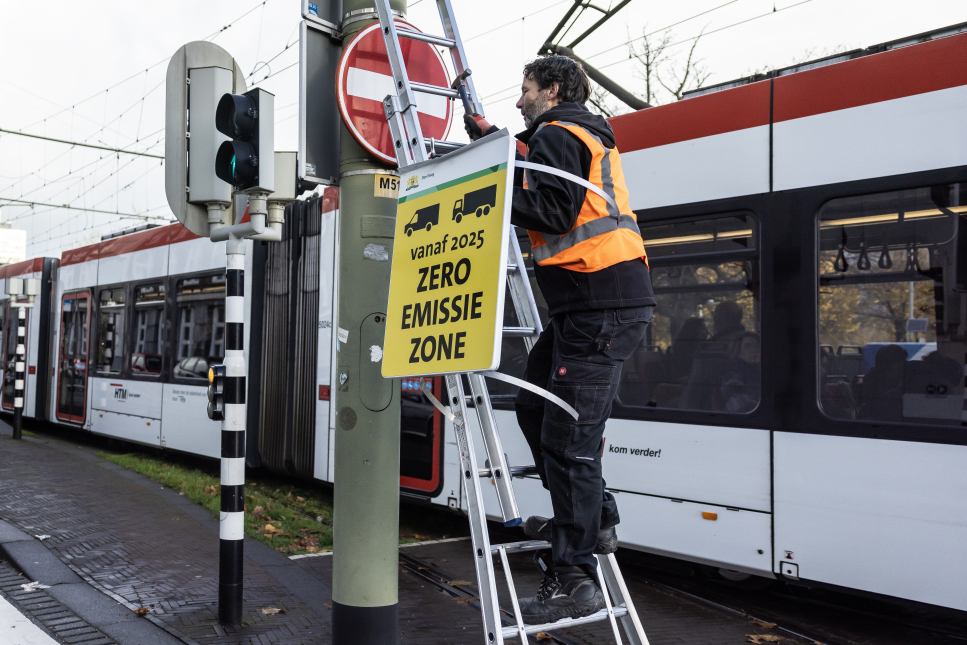Knowledge and innovation for transitions
Knowledge and innovation are required if we are to tackle the major challenges facing society in such areas as climate, health, and food. Government, therefore, uses targeted policies to mobilise knowledge and innovation. In practice, however, that is proving difficult. It raises fundamental questions about the role of knowledge and innovation as regards societal challenges and the role of government in guiding and coordinating knowledge and innovation.
A feature of many of these challenges is that views differ as to what exactly the problem is, and how to tackle it. Innovation can be used to improve existing systems, but also to bring about radical renewal and systemic change. How and to what extent should politicians and policy makers be actively involved in coordinating and guiding innovation? What policy approach will be effective in getting scientists, professionals from various fields, civil servants, entrepreneurs, and individuals to work together on what is needed to address the challenges in an effective and fair way?
Within this theme, we have produced analyses over the past two years of how applicationoriented knowledge ecosystems function. Over the next two years, we will help to take knowledge and innovation policy for tackling societal challenges to the next level, by learning from andwith pioneers.

